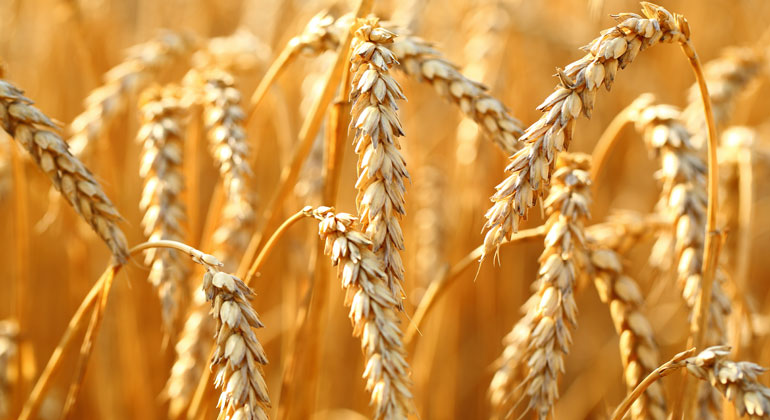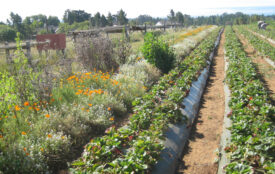It should not be up to courts to decide on GMO bans
On 13 January MEPs approved new rules enabling member states to restrict or ban the cultivation of GMOs, even if approved by the EU.
Legislation should be decided by lawmakers, not courts, according to Frédérique Ries. Ries, a Belgian member of the ALDE group who steered the proposal through the EP, said the changes were needed as countries kept being taken to court to justify why they had banned a certain GMO crop: ” I don’t think it’s a good idea that legislation is being created by courts.”
How will this legislation affect consumers, farmers and the environment?
This directive is mostly directed at member states, as it gives them more options to ban or restrict the cultivation of GMOs on their territory.
Famers will have to comply with whatever their government decides. If their government opts for a ban on GMOs, then the farmer won’t be able to cultivate them. I hope that when the legislation is updated, there will be an obligation to compensate farmers who are affected by this.
Concerning the environment, the new rules are aimed at further reducing the risk of cross-contamination.
Why was it necessary to change the European legislation on GMOs?
This directive is in response to Europeans’ growing concerns about GMOs, as shown by Eurobarometer surveys.
As a democrat, I don’t think it’s a good idea that legislation is being created by courts. Member states were taken to court, where they lacked sufficient legal arguments for supporting their plans to ban GMOs. Even the European Commission was taken to court over the time it took to get the new [genetically modified maize] Pioneer approved.
With this proposal it is again lawmakers who are responsible for creating legislation.
What do you think Europe’s GMO market will be like in five years’ time?
This directive is not about products, but only about their cultivation. Large quantities of animal feed containing GMOs are imported into the EU. However, this hasn’t been addressed by this proposal, nor was transport or research.
I think it will mainly affect transparency, reduce conflicts of interests and lead to better management.
The proposal will still need to be approved by the Council as well. If that happens, it will enter into force immediately.
Parliament backs GMO opt-out for EU member states
New legislation to allow EU member states to restrict or ban the cultivation of crops containing genetically modified organisms (GMOs) on their own territory, even if this is allowed at EU level, was passed by MEPs on Tuesday. The legislation, informally agreed by Parliament and Council in December, was originally tabled in 2010 but was then deadlocked for four years due to disagreement between pro- and anti-GMO member states.








